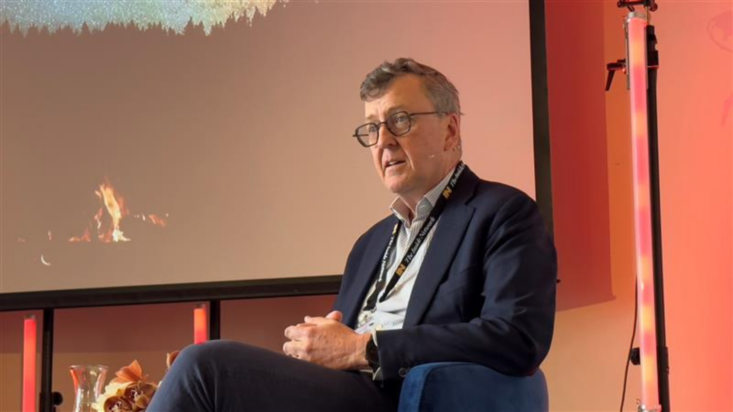Japan’s second economic coming on the horizon: Platinum CEO Andrew Clifford
Abenomics took its time, but Japan’s long-heralded return to prominence in the global economic spectrum finally appears within range.
For Platinum Asset Management, the Japanese economy’s resurgence is validation of it’s position that the Asian powerhouse-turned-field-mouse is once again a nursery for some of the world’s most value-rich enterprises.
Japan’s economic trough was a deep one. The three decades leading up to 1990 were golden for the small Asian nation as companies like Sony and Toyota leveraged technology and manufacturing nous to export millions of products overseas. Yet the second largest economy in the world crashed after the government raised rates in 1989, and the Japanese stock market fell 80 per cent in 14 years before a long period of relative stagnation. In that time corporate governance also lagged, with company leaders lacking accountability and eschewing innovation.
In 2012 the late prime minister Shinzo Abe changed course with fiscal easing and a suite of reforms aimed at driving companies forward. Company bosses were forced to answer to shareholders again, and red tape was reduced across the country’s administrative thoroughfare.
The effect wasn’t immediate, but a decade or so later Japan is thriving again.
“The Japanese government… it’s unusual for me to think about a government doing something useful for the equity market, but there’s a clear view in Japan that the country has major challenges,” said Andrew Clifford, who has led the global equities manager since fellow founder Kerr Nielson left Platinum in 2018. Clifford was speaking at The Inside Network‘s inaugural Investment Leaders Forum in Queenstown, New Zealand this week.
It’s too dependent on China and need to diversify supply chains, he said. The population is ageing and it needs to catchup on the energy transition. And, as ever, there is the risk that comes with being in the geographic centre of an unstable and politically volatile Asian region.
“The only way they saw themselves solving the problem is through a dynamic corporate sector, which they did not have,” Clifford explained. Something needed to change.
“So over the last decade there have been lots of changes to corporate governance and programs put in place that are allowing minority investors and foreign minority investors to actually have an impact with companies in terms of engaging with them to change.”
The ensuing decade or so has seen a remarkable turnaround in Japan. In mid-June this year the benchmark Nikkei 225 index broached 33,000 for the first time since 1990, not far off its 1989 peak. It remains there six weeks later.

*Nikkei 225 index historical. Image credit: Marketwatch
‘Completely given up’
Clifford is surprised at the lack of belief in Japan’s prospects, but enamored with the opportunities this presents.
“I often I look at a lot of my peers’ global equity portfolios to see what they’re up to,” he said. “And it is shocking to me so many of them have zero, or effectively zero, [allocation] in Japan. This is one of the world’s largest economies. It has some great companies. And this is just a place that everyone’s completely given up on.”
The geopolitical risk in Japan is going nowhere. But that’s exactly why it needs to be accepted in the context with which it lies, he argues.
“Geopolitical risk is here to stay,” Clifford said. “What I would question is whether the way people are thinking about it is too narrow.”
The tension between China and Taiwan, for example, might cause a lot of investors to stay away from the region. The simple thing to do would be to avoid those nations, he said, but global tech behemoth Apple has all of its semi-conductors coming out of Taiwan, and the vast majority of its products are made in China. “We talk about the extreme [event] of a Taiwanese invasion, but the market is clearly telling you, with the stock price of Apple or [circuit producer] Nvidia, that it’s just not something the market is thinking about.”
There are rules of thumb that should be followed to mitigate the risk, Clifford warned. But such is the interconnectedness of the market that the kind of risks inherent in Japan are comparable with many other markets.
For now, he believes, Japan is only getting a fraction of the attention, and investment, it deserves. But that won’t always be the case.
“I think we’re going to see a lot of capital going into Japan to try and take advantage of this opportunity.”











